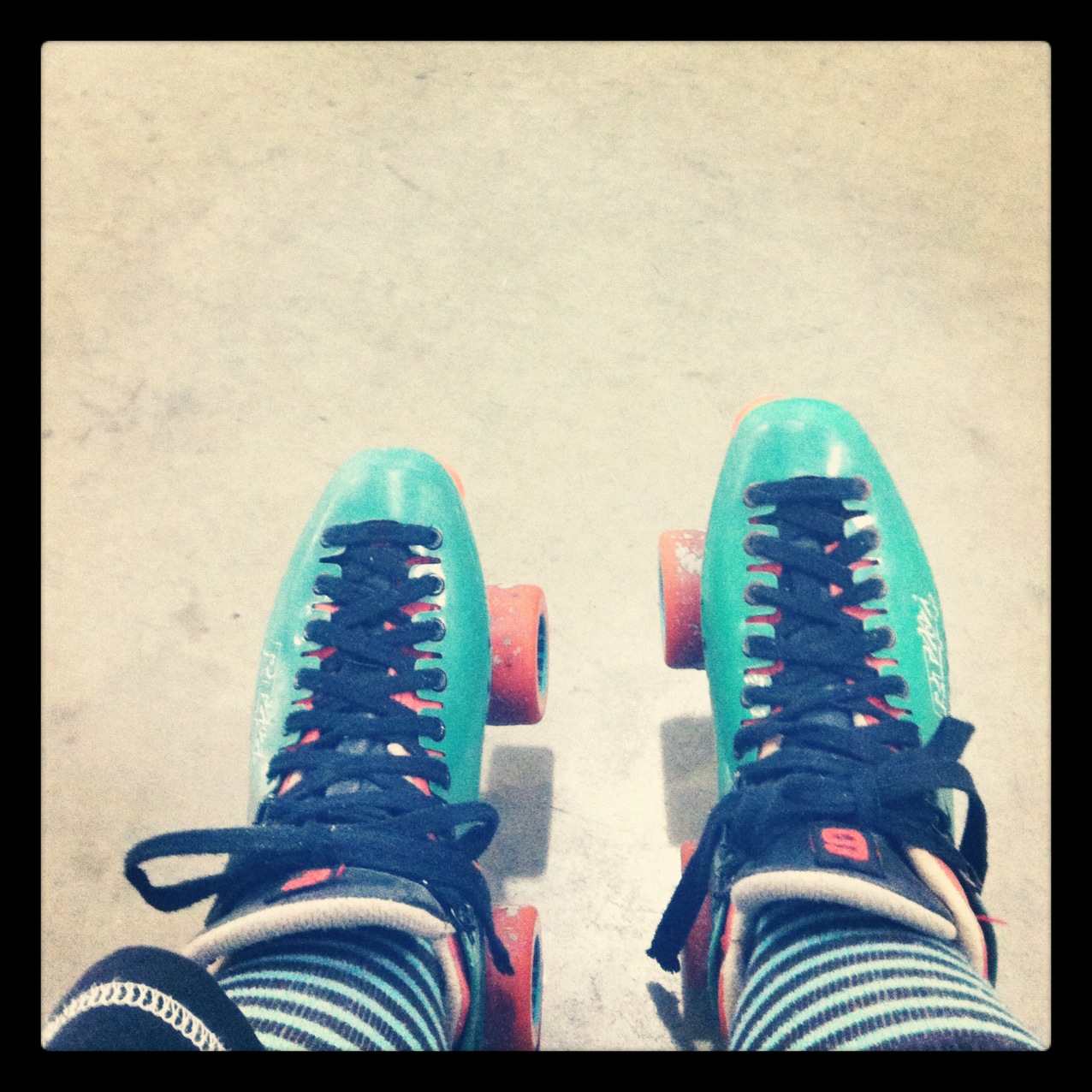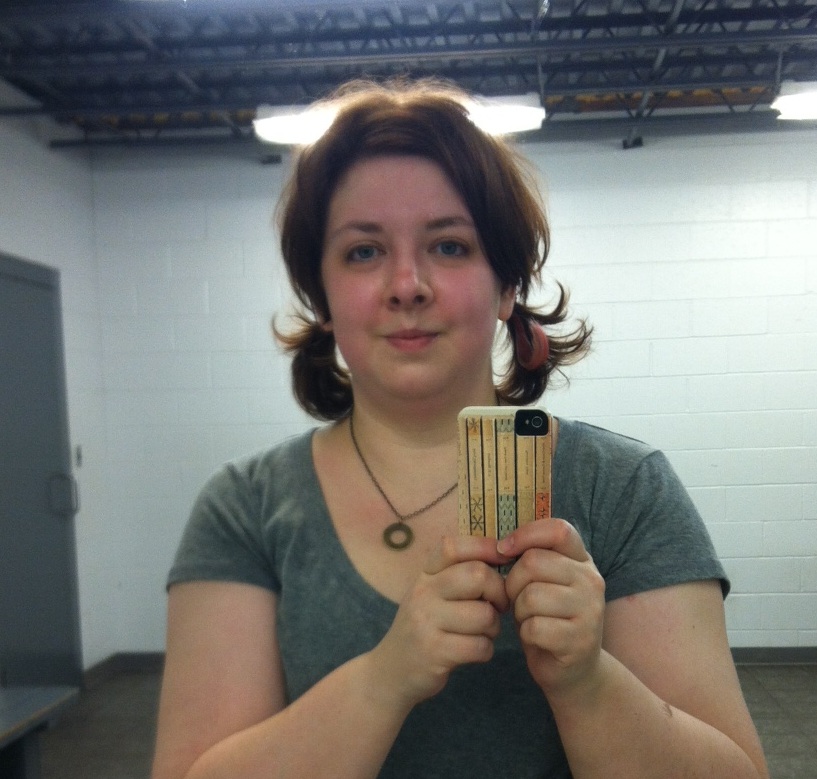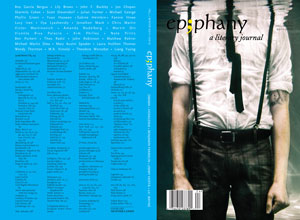This is Part 2 of "Roller Derby Makes Me Brave," an ongoing series in which I chronicle my journey to becoming a derby girl. (You can read the whole series or the individual posts.)

You arrive at Hot Shots Sports Arena on a warm Wednesday afternoon in March, half an hour before the open skate ends. The roller derby team you're thinking about joining practics here on Sundays, but you want to make your maiden voyage alone. You haven't been on a pair of roller skates since you were 16 -- and that was 20 years ago. Thirty minutes is plenty of time for this second first time; you're not sure your legs will hold up much longer than that.
You wiggle your feet into the teal and orange rental skates, pleased with the serendipity; the skates match your teal and brown striped socks. You're sitting on a bench against the wall, several yards away from the entrance to the rink, which is more accurately called a court, since it's enclosed in plexiglass and usually used for roller hockey. Out here on the bench, the floor beneath your feet is polished concrete, hard and smooth. You lace up. A little pixie of a girl, probably about seven years old, whizzes past on inline skates. You envy her.
You wish there were a bench closer to the court entrance. You tilt onto your toe stops, hold on to the bench, twist and rise to a squatted position. Now you're standing on the polished concrete floor, and oh dear goodness, it's like ice. You keep all eight wheels on the floor and use the wall to propel yourself. You glide ever so slowly toward the door.
There are two courts in Hot Shots. Some kids are playing on the one to your left, but yours is empty. Here's the plan:
Try to stay on your feet.
Back and forth along a 20-foot section of wall.
Nothing fancy, nothing fast. (Not that you could do either if you tried.)
You notice a few women, mothers of the kids playing on the other court, glancing back at you. You wonder if they envy or pity you. You want to shout to them in a Rock-n-Roll voice: "Roller Derby, Baby!" (You don't.)
Face the wall, hold onto the ledge. Wiggle your toes. Look around. Shuffle your feet back and forth just a little bit. Now, turn so the wall is to your side. Push off with your hands, coast, stop with your hands on the ledge.
Do this for five minutes, maybe ten. Your legs will start to ache almost immediately. Your feet may start to cramp. You'll realize you have the beginnings of an ingrown toenail on the big toe of your right foot.
Next, try a little bit of actual skating. Lift a foot and use it to push off. (You can stay close to the wall.) Lift the other foot and push forward again.
Around the 15-minute mark a muscle memory courses through your body and you merge with the 11-year-old version of yourself who used to do this on weekends. Your mind is shocked to realize that your legs and hips might have an intelligence all their own. Give yourself over to it. Listen for the rhythm. You hear Tina Turner singing "What's Love Got to Do With It?" even though there is no music playing in Hot Shots. Tina's voice is low and sultry, almost inaudible, but it's there.
Swing your hips to Tina.
Step, glide, step.
Step, glide, stop.
Turn. Do it again.
You've been on the skates for 20 minutes when you start to think about what that first fall will be like. You know it's inevitable; everyone falls at some point. You feel proud of your Zen-like acceptance of this fact, and just as you wonder if it would be better to get it out of the way so you don't have to --- BAM!!
Both legs go out in front of you, it's a long way down -- the fall is fast and slow at the same time, the way car accidents are -- to a straight and heavy landing on your ass.
Your 36-year-old ass, which is much heavier and much further away from the ground than your 11-year-old ass ever was.
Your spine absorbs the shock and you feel the impact travel all the way up into your neck, through the base of your head, and then shoot out the top of it like an orange firework of pain and triumph.
"Well, at least that's out of the way," you think.
You sit there for a minute or two, rolling your neck from side to side, marveling that you didn't break your wrist trying to catch yourself. For the first time in your life, you are acutely aware of your tail bone.
You get up onto your knees, and your head pops up above the court's ledge like you're a prairie dog. The women look back at you again. You realize you're going to have to stand-up while wearing these skates. You need to get back on this horse, of course. Tina Turner didn't let anyone keep her down, did she? You knee-walk over to the wall, rest a minute more, and then pull yourself back up onto your toe stops. All eight wheel on the court.
Five more minutes, back and forth along the wall, still alone in the court. The big clock in the center of the sports hall hits 3:00 p.m. Open skate is closed.
Gently lower yourself toward the floor, sit down, and take the skates off in here. Walk back to your street shoes, which wait for you on the polished concrete underneath the bench. When your tail bone makes contact with the bench you wince just a little.
You're proud of yourself. Really, really proud. You think Tina would be, too.
 me (bruised, sweaty, and proud) after my first skate in 20 years
me (bruised, sweaty, and proud) after my first skate in 20 years
 Friday, May 4, 2012 at 7:01AM
Friday, May 4, 2012 at 7:01AM  cover image from Epiphany's websiteAs I mentioned in the last post, I've started a new series about literary journals. I'll offer some tips on submitting to journals and review some of the many I have stacked around my house.
cover image from Epiphany's websiteAs I mentioned in the last post, I've started a new series about literary journals. I'll offer some tips on submitting to journals and review some of the many I have stacked around my house.


